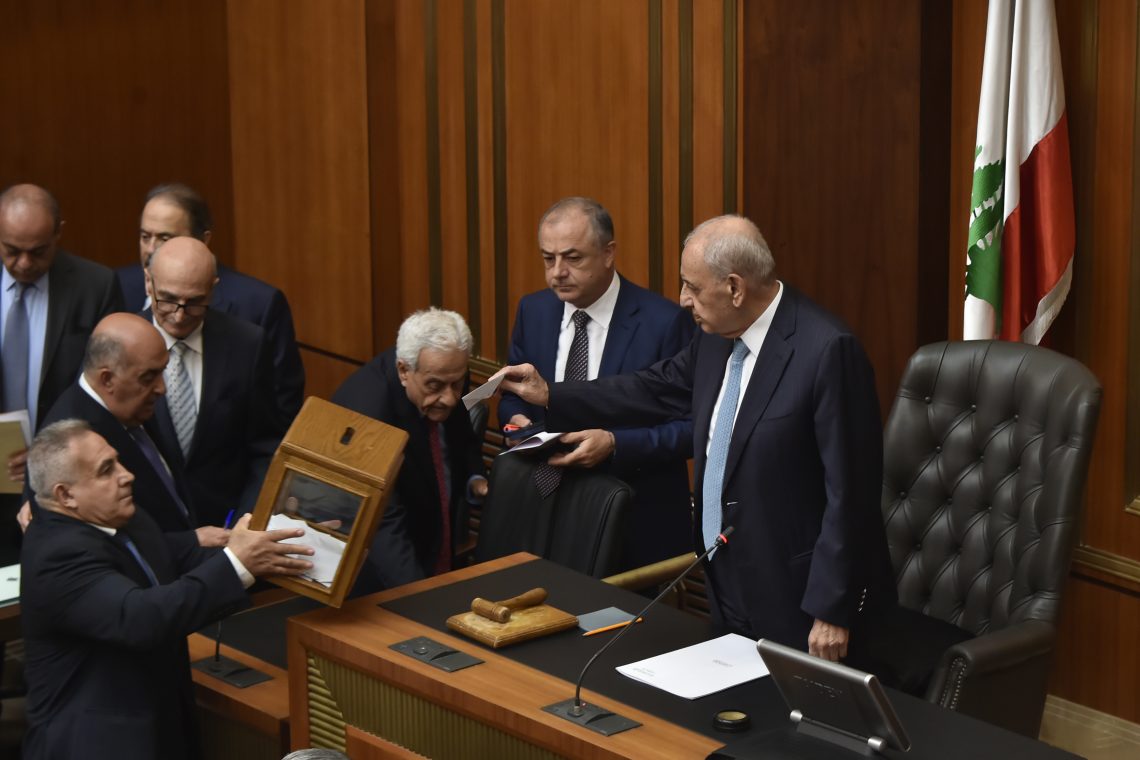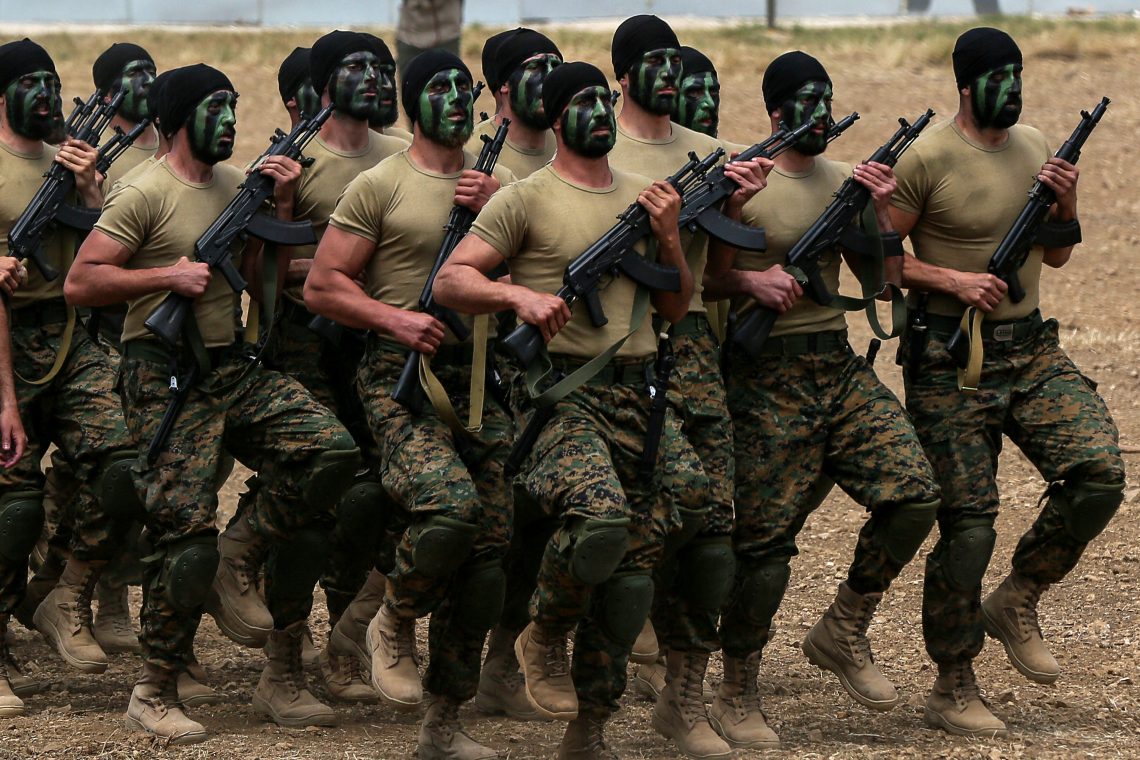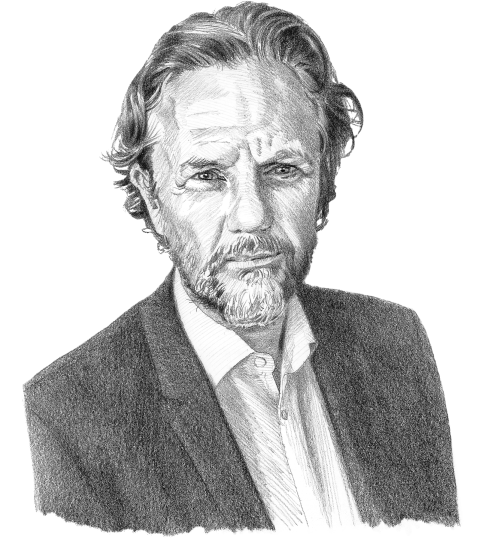Lebanon’s presidential standstill
Lebanon’s persisting power vacuum is becoming a grave threat to national security.

In a nutshell
- Lebanon’s political crisis is nowhere near resolution
- Hezbollah’s influence is expanding unchecked
- The country could see a new armed conflict
Lebanon has been looking for a successor to President Michel Aoun since his term expired in 2022. No fewer than 12 parliamentary sessions have been organized to find a new leader, but to no avail. The executive branch is at a standstill. Electoral calendars are no longer respected – not even for local elections, which are postponed year after year.
Decrees from the presidency, the highest authority in the country, have been rejected by caretaker Prime Minister Najib Mikati simply because he “did not like them.” Ministers have boycotted prime ministerial meetings. In parliament, the number of blank votes increased, even within the supposedly united pro-Hezbollah bloc. Lebanese diplomacy performs a balancing act at international meetings. When Mr. Mikati attended the Arab League summit in May, he presented himself as the “outgoing” president of the Lebanese Council of Ministers and asked for a financial gesture to help support the 1.5 million Syrian refugees living in his country. He received nothing.
The Lebanese political system in crisis
The lack of political confidence in Lebanon is not only due to its economic collapse. The stalemate goes beyond age-old sectarian disputes and mismanagement. At the heart of the matter is the country’s institutional future. Can Lebanon salvage its multireligious political system? And should it insist on saving a dysfunctional system?
Each successive government has conducted public affairs according to its own interpretation of the constitution and previous peace agreements. When President Michel Aoun was in office, for example, he constantly discredited the 1989 Taif Agreement, which counterbalanced the power of the Maronite president in favor of a Council of Ministers headed by a Sunni Muslim.
When Mr. Aoun left office, the debate immediately turned to the prerogatives granted to the new caretaker government to avoid an institutional vacuum. Interpretations differ as to the cabinet’s role.

Amid this uncertainty, a technical debate on municipal autonomy has taken on an existential dimension. In 1958, Lebanon had 400 municipalities. Today there are over a thousand, 10 times more than in Jordan. While some support further decentralization as an impetus for participatory democracy, others fear it could lead to the country’s balkanization.
Then there is the crisis of the elites. The historical Lebanese leaders who presided over the 1975 civil war are struggling to mobilize an impoverished and demoralized population. The heroes of yesterday have grown old. Mr. Aoun, the former president, is 89. Walid Jumblatt, the Druze leader, and Saad Hariri, the Christian former prime minister, have retired from political life. The West is concerned about the lack of new political leadership capable of pulling the country out of chaos. France recently sent Foreign Minister Catherine Colonna to Beirut to inquire about the power vacuum. The United States is growing impatient, calling for the election of a “non-corrupt” president.
Against this chaotic backdrop, three personalities stand out: former Finance Minister Jihad Azour, a senior official at the International Monetary Fund, who was defeated in the last presidential elections on June 14; Michel Moawad, from the secular and socio-liberal camp; and Sleiman Frangieh, a Maronite known for his extensive political connections.
Struggling armed forces
The Lebanese Armed Forces (LAF) are suffering from the current crisis. Soldiers sometimes have to take on a second job to feed their families. The U.S. has provided $2 billion in aid to the LAF since 2006, but this colossal sum is still insufficient. Washington had to pay another $72 million in January of this year alone to cover salaries. Retired soldiers and police officers are taking to the streets to demand an increase in their pensions, dramatically reduced by the devaluation of the lira.
National security has been deeply undermined by these economic struggles. The army is now barely able to carry out its usual tasks: fighting drug trafficking, smuggling, terrorism and if necessary, intervening to free hostages. In 2013, the political authorities did not have the means to oppose Hezbollah when it decided to send its fighters to Syria. The Shia militant group pursues its own foreign policy agenda, unrestrained by Lebanese institutions. It intervenes as it sees fit in support of Syrian President Bashar al-Assad, trains recruits to attack Israel in coordination with Palestinian armed groups and makes no secret of its allegiance to the Iranian regime.
More on Lebanon:
Hezbollah and Lebanon’s slow death
Hezbollah’s agenda
Hezbollah pays its fighters twice as much as the LAF; it is the incubator of a Shia counter-society, developing its own administration, banks, shops, medical units and military forces. As part of the national dialogue, two meetings were held in 2006 to try to disarm it, in accordance with United Nations Resolution 1701. The group’s secretary-general, Hasan Nasrallah, attended only to declare his refusal to budge. In the name of fighting Israel, Hezbollah will not give up its 130,000 rockets and missiles. Any attempt to disarm the movement by force would trigger a conflict. Only the UN Interim Force in Lebanon (UNIFIL), deployed since 1978, has some relative ability to defuse tensions.
Recently, 200 fighters from Hezbollah’s Radwan Brigade simulated a drone attack on Israel, captured an Israeli soldier and opened fire on targets adorned with a Star of David. While the leader of the Lebanese Forces Party, Samir Geagea, calls these maneuvers “unacceptable,” no one in Beirut has the power to stop them. Hezbollah remains intractable, a state within a state which, paradoxically, refuses to come to power. Hasan Nasrallah has often declared: “Brothers, we are a resistance movement. We do not want to run the government. Our hearts and minds are elsewhere.”
Scenarios
In a first, less likely scenario, plans to reform the constitution and create the Federal Republic of Lebanon fail. Donor aid – including $300 million from the World Bank – does not solve the political crisis. The country becomes poorer and citizens flee.
A second, more likely scenario involves the collapse of the Lebanese government, leading to the return of domestic armed clashes. Neighboring Syria takes advantage of its return to the Arab League to intervene in Lebanese political life, not only through Hezbollah, its historical ally, but also by choosing leaders in Beirut. (On June 7, when the ill-fated presidential elections were announced, former President Aoun traveled to Damascus to meet Bashar al-Assad.) Lebanon sees a return to its bloody past and becomes once again a nexus of broader regional tensions.










